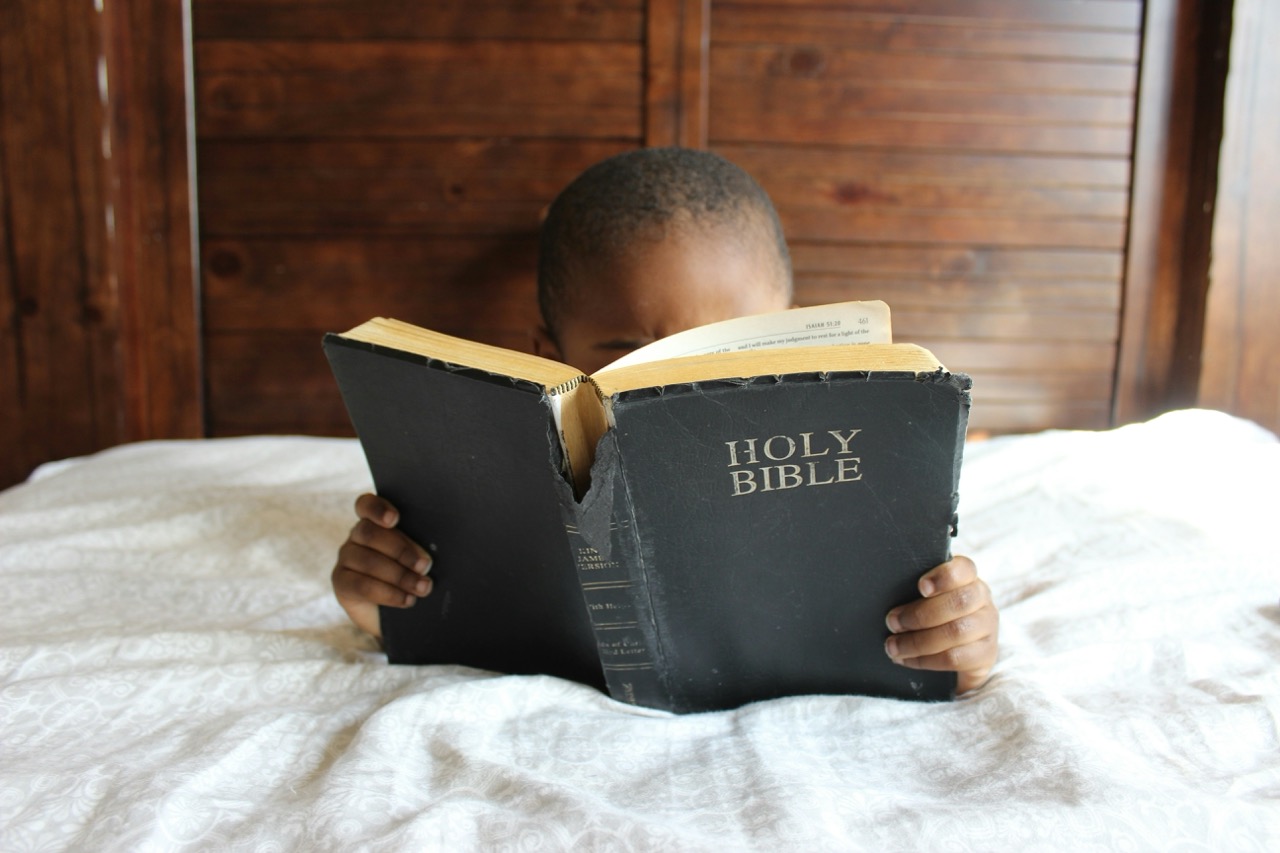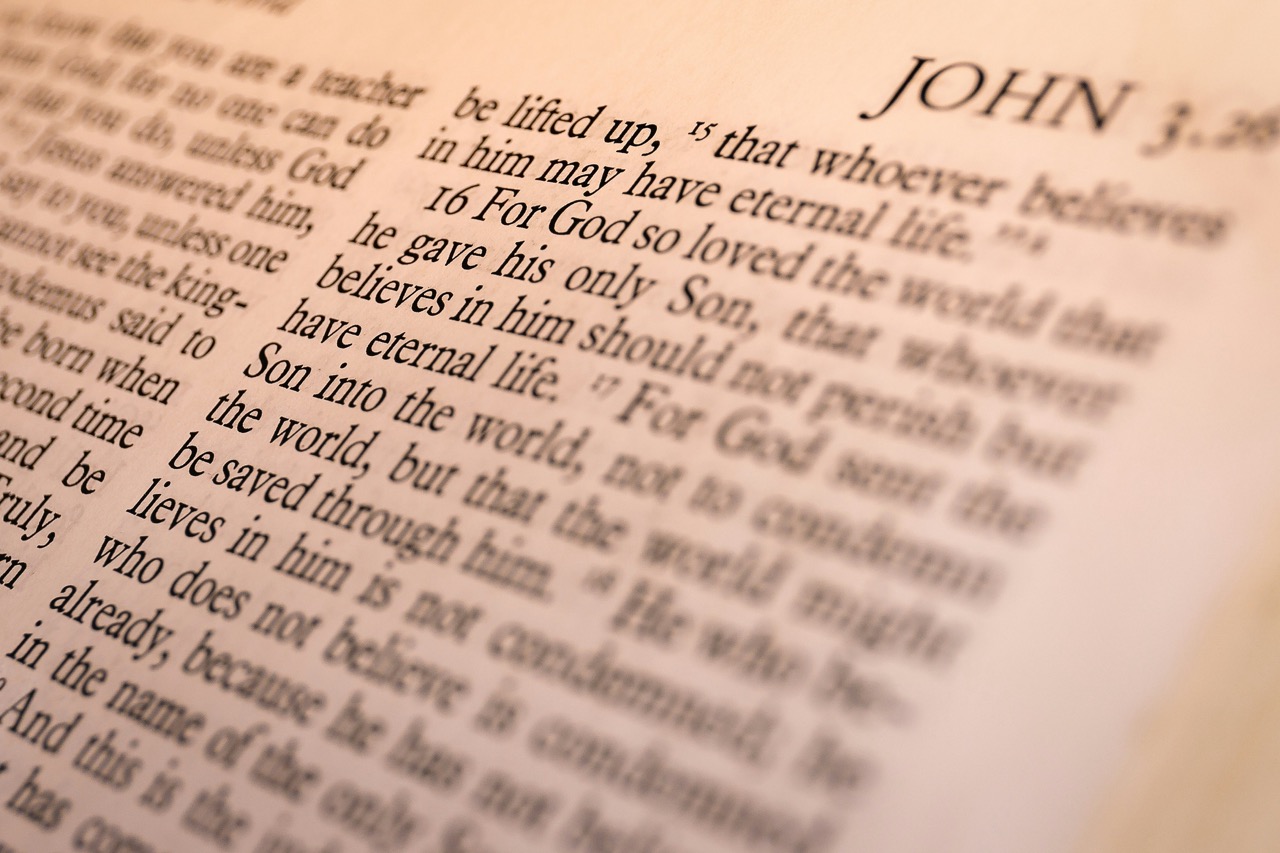The Role of Faith in Decision Making

In a world filled with choices, the decisions we make often shape the trajectories of our lives. While logic and reason frequently guide our thinking, the influence of faith is equally profound, often serving as an unseen hand steering us toward our true path. Embracing faith in decision-making can provide clarity, instill confidence, and help us navigate the complexities of our circumstances. This article explores the transformative role of faith in guiding our choices, revealing how belief, intuition, and community can fortify our decision-making process.
Embracing Faith: A Guide to Meaningful Decisions
Faith is not merely a religious concept; it embodies a deep trust in something greater than ourselves. Whether rooted in spirituality or personal philosophy, faith helps individuals find meaning in their choices. When faced with a critical decision, embracing faith can enhance our ability to envision the possibilities that lie ahead. This perspective allows us to make more meaningful choices that align with our core values and beliefs.
Cultivating a faith-driven mindset encourages us to view challenges as opportunities for growth. By trusting in the process and believing that our decisions have purpose, we can approach life’s crossroads with a sense of peace. This foundation can lead to choices that resonate on a deeper level, urging us to pursue paths that reflect our authentic selves.
Understanding the Intersection of Faith and Choices
At the heart of every decision lies a crossroads where faith and reason meet. While logic often lays out the facts and potential outcomes, faith resonates on a more emotional level, appealing to our intuition and inner wisdom. Understanding this intersection can significantly influence how we approach choices—helping us to weigh both the rational and the intangible aspects of our decisions.
Recognizing that faith can coexist with reason empowers us to make holistic decisions. It encourages us to listen to our gut feelings while also considering the logical consequences of our actions. The interplay between faith and choices highlights the complexity of human experience, inviting us to embrace the uncertainties that accompany major life decisions.
The Power of Belief in Shaping Our Path Forward
Belief is a powerful force that shapes our worldview and influences the decisions we make. When we have faith in our abilities and the direction we’re headed, we are more likely to act confidently and decisively. This self-assuredness can propel us forward, even in the face of adversity. A strong belief system empowers us to remain steadfast, helping us navigate the obstacles that arise along our journey.
Moreover, our beliefs often serve as a compass, guiding us toward experiences that align with our values. When we make decisions grounded in faith, we tend to attract opportunities and relationships that resonate with our core principles. This alignment can lead to a more fulfilling life, as we find ourselves on a path of purpose and passion.
Trusting Intuition: Faith as a Guiding Light
Intuition is a subtle but powerful element in decision-making, often influenced by our faith. Many individuals have experienced moments when they felt an instinctual pull toward a particular choice, which they later realized was guided by their beliefs. This inner voice, shaped by our life experiences and spiritual understandings, can provide insights that are not readily apparent through logical reasoning alone.
Trusting this intuition can be a profound act of faith. It requires us to listen deeply to ourselves and honor our instincts as valid sources of guidance. By doing so, we can make choices that feel right on a personal level, even if they seem unconventional or risky to others. Embracing intuition allows us to honor our unique paths while remaining faithful to our inner selves.
The Influence of Spiritual Values on Daily Decisions
Spiritual values play a pivotal role in shaping our daily decisions, often dictating how we respond to various situations. For those who identify with a particular faith, these values serve as a moral framework that guides choices in mundane and significant matters alike. When we align our decisions with our spiritual beliefs, we cultivate integrity and authenticity in our actions.
Incorporating spiritual values into our decision-making can also lead to a greater sense of community and connection with others. These shared values can foster relationships built on mutual respect and understanding, creating a supportive network that encourages us to make choices reflective of our beliefs. The interplay of faith and ethics becomes an essential element in our daily lives, shaping our interactions and the impact we have on the world around us.
Reflecting on Past Choices: Lessons from Faith
Looking back on our past decisions can reveal valuable lessons grounded in faith. Often, it is in hindsight that we realize the significance of following our beliefs, even when the outcomes were not what we expected. Reflecting on these experiences allows us to glean wisdom that can inform future choices. Faith teaches us resilience, showing us that even when we stumble, there is potential for growth and learning.
These reflections encourage us to embrace our past wholeheartedly, recognizing that each decision has played a role in our personal development. By understanding how faith guided us during pivotal moments, we can cultivate gratitude for the journey. This retrospective acknowledgment of faith’s influence can serve as a powerful motivator, guiding our future decisions with renewed purpose and clarity.
Navigating Uncertainty: Faith as a Source of Strength
Life is inherently uncertain, and this unpredictability can often lead to anxiety when faced with significant decisions. In these moments, faith can act as a source of strength, providing the assurance needed to forge ahead despite the unknown. When we trust in a higher purpose or a greater plan, we can approach our choices with confidence, knowing that we are not alone in our journey.
Faith enables us to find a sense of peace amidst chaos, reminding us that uncertainty is a natural part of existence. Embracing this understanding can reduce fear and foster a willingness to take risks. With faith as our anchor, we learn to navigate life’s unpredictability, making decisions that resonate with our values and aspirations.
How Faith Can Foster Courage in Decision Making
Courage is a vital component of effective decision-making, and faith often serves as its catalyst. When we believe in something greater than ourselves, we gain the confidence to pursue our dreams and stand firm in our convictions. This courage allows us to break free from the constraints of fear, enabling us to make choices that align with our true selves, even when faced with adversity.
Moreover, faith gives us the resilience to confront challenges head-on. Understanding that our decisions are part of a larger narrative empowers us to move forward with determination. This courage reshapes our perception of obstacles, turning them into opportunities for growth and transformation. Embracing faith not only empowers our choices but also encourages us to stand strong in our beliefs.
The Role of Community in Strengthening Our Faith
Community plays a significant role in shaping and strengthening our faith, providing a supportive network that enriches our decision-making process. Engaging with others who share similar beliefs creates a sense of belonging, reminding us that we are not alone in our journey. These connections can offer encouragement, guidance, and diverse perspectives that help illuminate our choices.
Additionally, community fosters accountability. When we share our aspirations and decisions with others, we invite support and constructive feedback into our lives. This collaborative approach nurtures our faith, allowing us to explore our beliefs more deeply while respecting the insights of those around us. Together, we cultivate an environment where faith can thrive, empowering us to make choices that reflect our shared values.
Recognizing Signs: Faith’s Role in Guiding Us
Many individuals report experiencing signs or synchronicities that seem to guide their decisions, often attributing these occurrences to their faith. Whether through dreams, meaningful coincidences, or a deep sense of knowing, these signs can provide clarity when navigating complex choices. Recognizing and interpreting these signals can be an exercise in trust and attunement to our spiritual beliefs.
The ability to discern signs in our lives encourages a more profound connection to our faith. It fosters an openness to the possibilities that lie before us and encourages us to remain receptive to guidance from the universe. By acknowledging these signs, we empower ourselves to make decisions that align with our spiritual journey, reinforcing the belief that we are supported in our endeavors.
Balancing Logic and Faith: Finding Harmony Within
While faith is a crucial element in decision-making, balancing it with logic is essential for holistic choices. Acknowledging the value of rational thinking alongside our beliefs allows us to approach decisions more comprehensively. This harmony between logic and faith creates a well-rounded perspective, enabling us to assess situations critically while remaining true to our convictions.
Finding this balance can lead to more thoughtful and informed choices. Rather than viewing logic and faith as opposing forces, we can see them as complementary tools that enrich our decision-making process. By integrating both elements, we cultivate a deeper understanding of ourselves and our motivations, enhancing our ability to navigate life’s complexities.
Cultivating a Faith-Driven Mindset for Better Choices
Developing a faith-driven mindset involves intentional practices that nurture our beliefs and refine our decision-making process. Regular reflection, meditation, or prayer can help reinforce our connection to our faith, allowing us to approach decisions with clarity and purpose. By creating space for these practices, we empower ourselves to align our choices with our values.
Moreover, a faith-driven mindset encourages gratitude and openness to learning. Embracing the notion that every decision contributes to our personal growth fosters a positive outlook, even in challenging circumstances. As we cultivate this mindset, we become more adept at making choices that resonate with our beliefs and aspirations, ultimately leading to a more fulfilling life journey.
Incorporating faith into our decision-making processes can profoundly enhance the quality of our choices, transforming uncertainty into opportunities for growth and connection. By embracing the interplay between belief, intuition, and community, we can navigate life’s complexities with greater confidence and purpose. As we reflect on our past choices and recognize the signs that guide us, we strengthen our resolve to trust in the journey ahead. Ultimately, cultivating a faith-driven mindset not only enriches our lives but also empowers us to make choices that resonate with our true selves, shaping a future filled with meaning and fulfillment.




